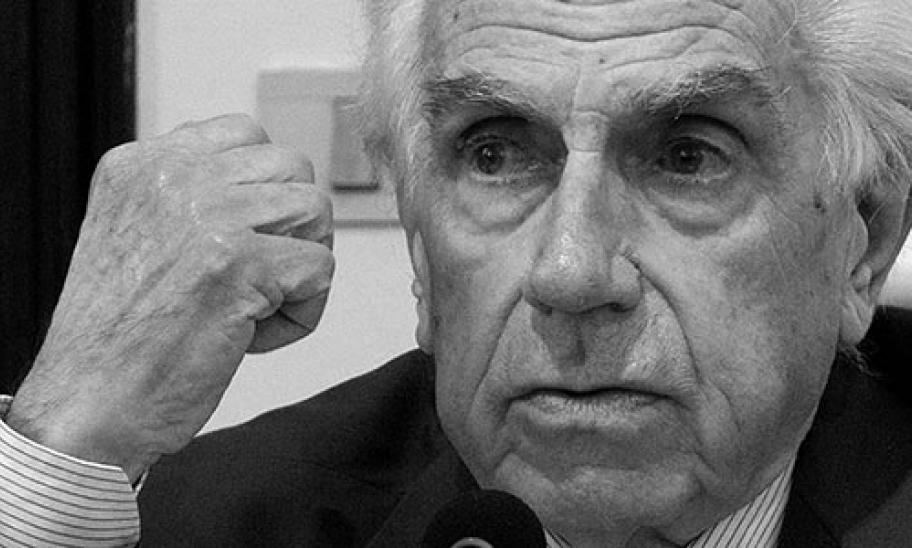This month Verso published, for the first time in English, a pivotal work of twentieth-century Marxist thought: Workers and Capital by Mario Tronti (b. 1931), an Italian philosopher and political scientist credited as one of the founders of workerist (operaist) theory. Originally published in Italian in 1967, Workers and Capital sought to effect a “Copernican revolution” in Marxist thought, centering workers instead of capitalists as the engines of capitalist development. At the Verso blog, Franco “Bifo” Berardi recalls the first time he read the book, and reflects on its enduring relevance today. Here’s an excerpt:
This book, whose shock-waves have long been perceived in Italian leftist culture, marks an essential methodological change, one that overturns the relation between capitalist development and social subjectivity. While the theoretical tradition of the left considered the political expression of the working class as an effect of the development of capital, Tronti asserted the precession of subjectivity, the primacy (both logical and chronological) of social organisation and rebellion.
It is the struggle of the workers that pushes capitalists to transform the economic and technological organisation of production; the pressure of workers behaviour (struggle, sabotage, laziness, refusal of work) acts as an accelerator and as a transformer on the technical composition of capital.
Image of Mario Tronti via sns.it.
